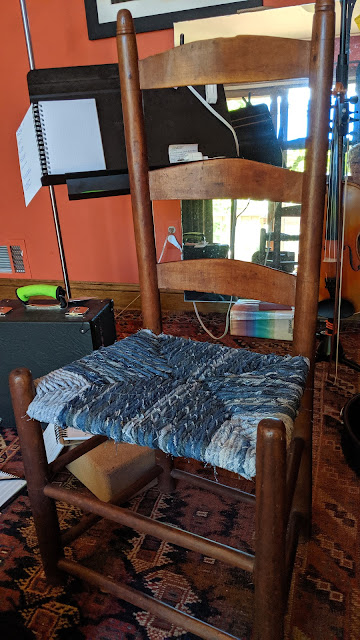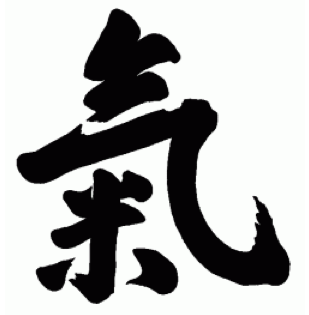Everything Sucks
Recently I heard that a colleague had had bad year. Her boyfriend broke up with her, she lost her job, and on the day in question, her sweet, loving dog bit her in the face. Now, while all these are things no one wants to have happen, I was interested that she grouped them together to define the year as a bad one.
We construct entire landscapes of self image and judgment, based on some pretty insubstantial evidence! Finding some quiet time to be mindful of inner thoughts can really help illuminate this. It's astounding how many of our simple thoughts or even feelings in the body are accompanied by a judgment or an emotion. Wow. My brain just seems hard-wired to calculate, measure, and compare me to others, and to make predictions about the future based on my calculations and comparisons. That would be fine if the predictions were useful, but, frankly, most of them are not.
By the time I'm consciously aware of these thoughts, they seem inevitable or given, for example: "I had a bad year." If I follow this thought to its source, I can often see that I've made several choices about which event to emphasize, ending up with the conclusion "bad year." I lost my job. But before that I visited Nova Scotia. I had a bad breakup, but my sister recovered from cancer. In this calculation our brains also discount things that are good but didn't change: the car that still runs, our own good health, the fact that we aren't at war, etc.
So What? Why Should I Change?
This is something we all do, so why try to change? Internal statements affect our mood, and our mood affects our ability to succeed and do the things we want to do, as well as our perception of whether we are successful.
Reason #1: Greater happiness
If you're unhappy, and you find out that the root cause for your unhappiness is much smaller than you thought, isn't that good? If you think you're weak or inept, and you find out that in fact you're no more so than most people, but you just have been focusing on your faults - won't that help you to do better?
Reason #2: Release your incredible potential power.
In my Kokikai Aikido practice, believing "I can" makes the difference between not defeating an attacker and defeating him. That is a powerful incentive. Positive mind is one of the founding principles of Kokikai. One way Sensei describes it is "Don't think: I can't. Think, I can."
It's not always so obvious that we're telling ourselves "I can't." Most of the time we just believe we truly can't do something. It takes practice to recognize how deeply we believe "I can't," especially when we are trying to learn something. And when we start believing in "I can," big changes happen.
We construct entire landscapes of self image and judgment, based on some pretty insubstantial evidence! Finding some quiet time to be mindful of inner thoughts can really help illuminate this. It's astounding how many of our simple thoughts or even feelings in the body are accompanied by a judgment or an emotion. Wow. My brain just seems hard-wired to calculate, measure, and compare me to others, and to make predictions about the future based on my calculations and comparisons. That would be fine if the predictions were useful, but, frankly, most of them are not.
By the time I'm consciously aware of these thoughts, they seem inevitable or given, for example: "I had a bad year." If I follow this thought to its source, I can often see that I've made several choices about which event to emphasize, ending up with the conclusion "bad year." I lost my job. But before that I visited Nova Scotia. I had a bad breakup, but my sister recovered from cancer. In this calculation our brains also discount things that are good but didn't change: the car that still runs, our own good health, the fact that we aren't at war, etc.
So What? Why Should I Change?
This is something we all do, so why try to change? Internal statements affect our mood, and our mood affects our ability to succeed and do the things we want to do, as well as our perception of whether we are successful.
Reason #1: Greater happiness
If you're unhappy, and you find out that the root cause for your unhappiness is much smaller than you thought, isn't that good? If you think you're weak or inept, and you find out that in fact you're no more so than most people, but you just have been focusing on your faults - won't that help you to do better?
Reason #2: Release your incredible potential power.
In my Kokikai Aikido practice, believing "I can" makes the difference between not defeating an attacker and defeating him. That is a powerful incentive. Positive mind is one of the founding principles of Kokikai. One way Sensei describes it is "Don't think: I can't. Think, I can."
It's not always so obvious that we're telling ourselves "I can't." Most of the time we just believe we truly can't do something. It takes practice to recognize how deeply we believe "I can't," especially when we are trying to learn something. And when we start believing in "I can," big changes happen.




Comments
Post a Comment